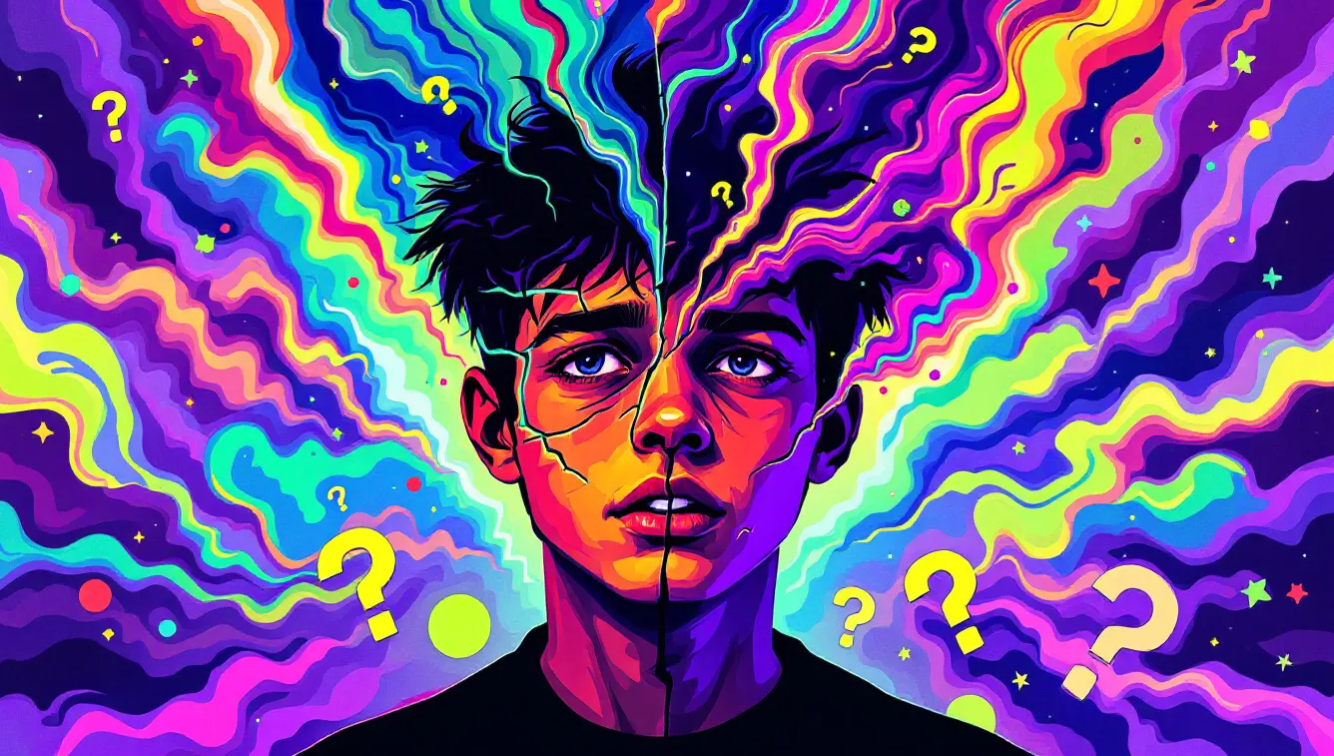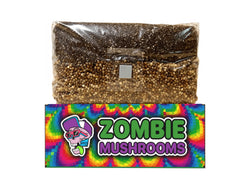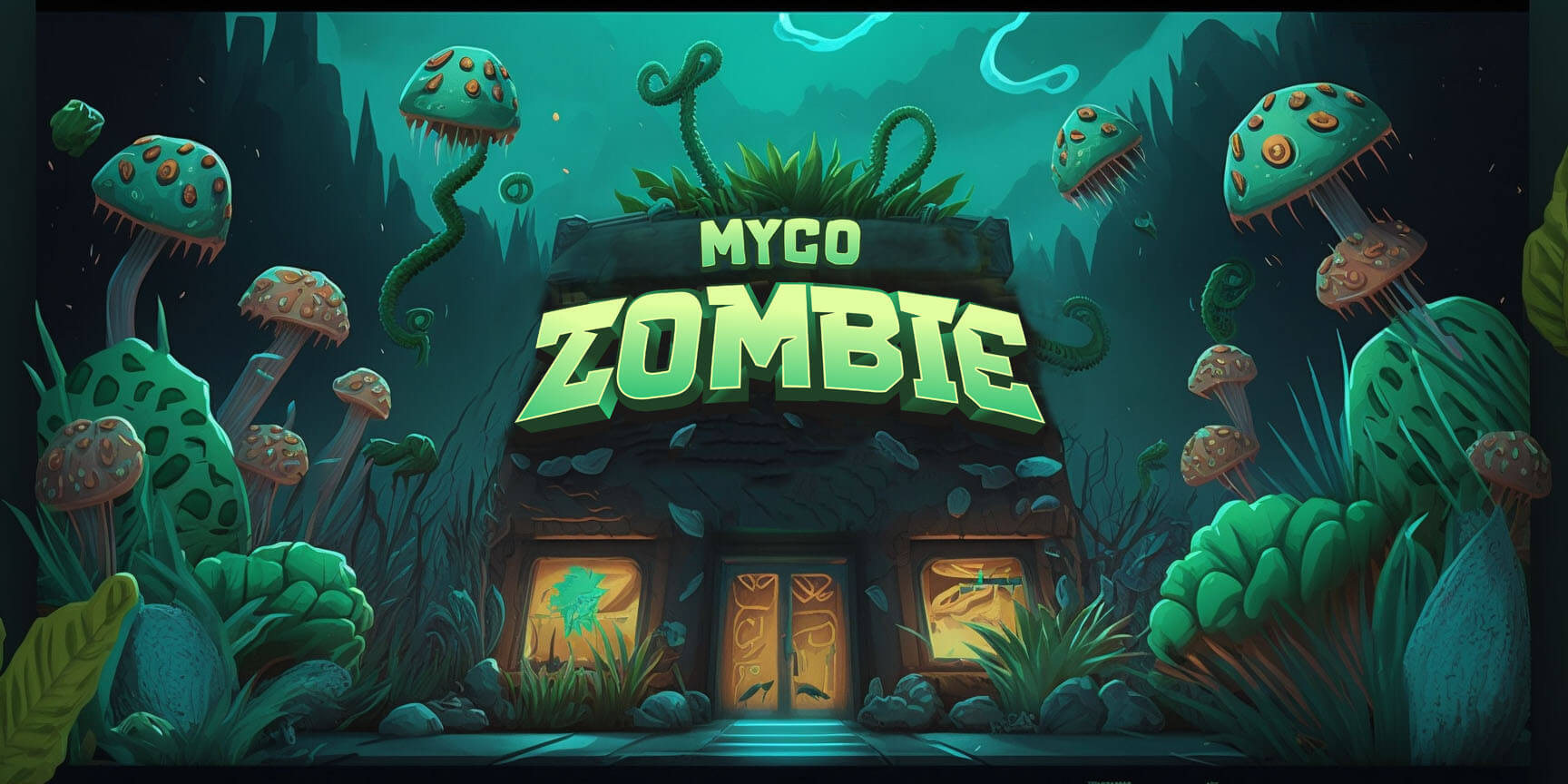- Adolescents who use cannabis report more psychosis-like symptoms than non-users.
- A longitudinal study found that psychosis symptoms often emerge before cannabis use, suggesting pre-existing vulnerability.
- High-THC cannabis products and frequent use may increase the risk of experiencing psychotic episodes.
- Some adolescents use cannabis as a coping mechanism for distress, but this may worsen symptoms over time.
- More research is needed to determine the long-term effects of adolescent cannabis use on mental health.
Understanding Cannabis Use in Adolescence
Cannabis is the most widely used illicit drug among teenagers, with its popularity steadily rising over the last two decades. This increasing trend is largely driven by changing perceptions—many adolescents today do not consider cannabis harmful, especially as legalization spreads in various regions. Social acceptance, ease of access, and the normalization of cannabis use in media all contribute to this shift.
However, the adolescent brain is still in a critical stage of development, making it especially susceptible to external influences, including substance use. Cannabis impacts areas of the brain involved in memory, decision-making, and emotional regulation. Studies suggest that frequent use during adolescence may interfere with brain maturation, potentially increasing the risk of cognitive impairments and mental health issues later in life.
Some of the most common reasons adolescents choose to use cannabis include
- Curiosity and experimentation – Many teens try cannabis out of curiosity, often influenced by social trends.
- Peer pressure – Social circles play a strong role in substance use decisions.
- Stress relief – Adolescents may turn to cannabis to escape academic pressures, family issues, or personal stress.
- Coping with mental health symptoms – Those already struggling with anxiety, depression, or early symptoms of psychosis may use cannabis as a form of self-medication.
While some of these motivations may seem harmless, regular use of cannabis, particularly during adolescence, has been linked to an increased risk of mental health challenges, including psychosis.
The Link Between Cannabis and Psychosis Risk
Psychotic disorders, such as schizophrenia, involve symptoms like hallucinations, delusions, and severe cognitive disturbances. Though only about 1% of the population will develop a formal psychotic disorder, many individuals experience occasional psychotic-like symptoms without progressing to full-blown illness.
Research has repeatedly raised concerns that cannabis use, particularly during adolescence, can contribute to psychosis risk. The association is complex and multifaceted—while some studies suggest that cannabis can trigger psychotic symptoms in vulnerable individuals, others propose that pre-existing factors such as genetics and environment may make certain teens more prone to both psychosis and cannabis use.
Risk factors that may amplify the likelihood of cannabis-induced psychosis include
- Genetic predisposition – A family history of schizophrenia or other psychotic disorders increases vulnerability.
- Environmental influences – Factors such as childhood trauma, social stressors, or urban living conditions can heighten psychosis risk.
- Cannabis potency and frequency of use – Higher THC levels and regular use have been linked to more severe mental health effects.
While the link between cannabis and psychosis is well-documented, new research sheds light on whether cannabis itself causes psychosis or if individuals already predisposed to psychotic symptoms are more likely to use cannabis.

Key Findings From the Recent Study
A large-scale longitudinal study from the Adolescent Brain Cognitive Development (ABCD) study analyzed data from over 11,000 children over multiple years to examine the effects of cannabis use on adolescent mental health. The study uncovered several key insights
- Adolescents who used cannabis reported more frequent psychosis-like symptoms and higher distress levels compared to non-users.
- Many cannabis users already exhibited psychotic symptoms before initiating use, suggesting that these individuals may have been predisposed to both psychosis and cannabis experimentation.
- Cannabis use sometimes provided temporary relief from distressing symptoms, reinforcing the idea that some teens use it as a form of self-medication.
- There was no strong evidence that occasional cannabis use alone was responsible for the emergence of new psychosis symptoms in those without prior vulnerability.
These findings suggest that genetic predisposition, environmental factors, and early mental health symptoms might contribute more significantly to psychosis risk than cannabis use alone. However, this does not mean that cannabis is risk-free—regular use, high-potency strains, and prolonged exposure still pose potential dangers, especially for vulnerable individuals.

Cannabis as a Coping Mechanism: The Self-Medication Hypothesis
One of the most intriguing findings of the study was that psychosis symptoms and distress often increased before adolescents started using cannabis. This suggests that some teens may turn to cannabis as a way to manage their pre-existing symptoms, supporting the self-medication hypothesis.
While it might seem logical to use cannabis to ease distressing symptoms, self-medicating psychosis poses significant risks
- Temporary relief, long-term consequences – While cannabis may temporarily soothe symptoms, prolonged use can worsen anxiety, paranoia, and cognitive difficulties.
- Increased dependence – Relying on cannabis to manage symptoms can lead to dependency, making it harder for adolescents to develop healthier coping mechanisms.
- Worsening mental health – Some studies suggest that frequent cannabis use can accelerate psychosis progression in individuals predisposed to schizophrenia.
For adolescents struggling with mental health, professional treatment, therapy, and alternative coping mechanisms are far safer options than cannabis use.

Does Cannabis Directly Trigger Psychosis?
The relationship between cannabis and psychosis remains a subject of debate. Prior research indicates a dose-dependent relationship, meaning the risk of psychosis increases with the frequency and potency of cannabis intake (Hall & Degenhardt, 2008).
While cannabis use alone does not appear to cause psychosis in most individuals, it may act as a catalyst in those already at risk. Factors that could elevate risk include
- Using cannabis before the age of 16 – Early exposure to cannabis has been linked to increased vulnerability to mental health disorders.
- Using high-THC strains – Modern cannabis products often contain significantly higher THC levels than in previous decades, intensifying psychotic symptoms.
- Frequent or heavy use – Daily or near-daily use has been associated with a higher likelihood of developing psychosis-related issues.
While occasional use may not carry the same risks, adolescents should be cautious, particularly those with a family history of mental illness.
Prevention Strategies for Parents and Educators
Parents and educators play a crucial role in preventing adolescent cannabis use, particularly among those at risk for psychosis. Key strategies include
Educate on risks – Open discussions about how cannabis can impact brain development and mental health are essential.
- Recognize early warning signs – Social withdrawal, paranoia, cognitive difficulties, and increased anxiety may indicate emerging psychosis risk.
- Encourage healthy coping mechanisms – Activities like mindfulness, exercise, and therapy can promote emotional resilience.
- Create open communication channels – Building trust and fostering safe spaces for honest conversations can prevent misguided choices.
Early intervention and awareness are key in reducing the risks associated with adolescent cannabis use.

Are There Natural Alternatives for Mental Wellness?
For those seeking safe ways to support adolescent mental health, natural remedies such as medicinal mushrooms may offer promising alternatives
- Lion’s Mane – Known for neuroprotective and cognitive-boosting properties.
- Reishi – May help with stress and emotional balance.
- Cordyceps – Supports energy and mental resilience.
While more research is needed, nutrient-rich diets, mindfulness practices, and therapy offer healthier alternatives for mental well-being than cannabis use.
Final Thoughts
The relationship between adolescent cannabis use and psychosis is highly complex. While cannabis may not directly cause psychosis in most individuals, those with genetic or environmental vulnerabilities may face heightened risks. Emerging research suggests that many teens use cannabis as a coping mechanism for pre-existing mental health symptoms, reinforcing the need for early intervention.
As more scientific studies continue to explore this connection, it's crucial for parents, educators, and policymakers to stay informed. Encouraging open conversations, providing education, and promoting healthy alternatives can help adolescents make informed decisions about cannabis use and mental health.
References
- Hall, W., & Degenhardt, L. (2008). Cannabis use and the risk of developing a psychotic disorder. World Psychiatry, 7(2), 68-71.
- Osborne, K. J., Barch, D. M., Jackson, J. J., & Karcher, N. R. (2024). Psychosis spectrum symptoms before and after adolescent cannabis use initiation. JAMA Psychiatry. DOI:10.1001/jamapsychiatry.2024.3525
- Volkow, N. D., Swanson, J. M., Evins, A. E., DeLisi, L. E., Meier, M. H., Gonzalez, R., ... & Baler, R. (2016). Effects of cannabis use on human behavior, including cognition, motivation, and psychosis: A review. JAMA Psychiatry, 73(3), 292-297.




